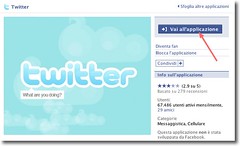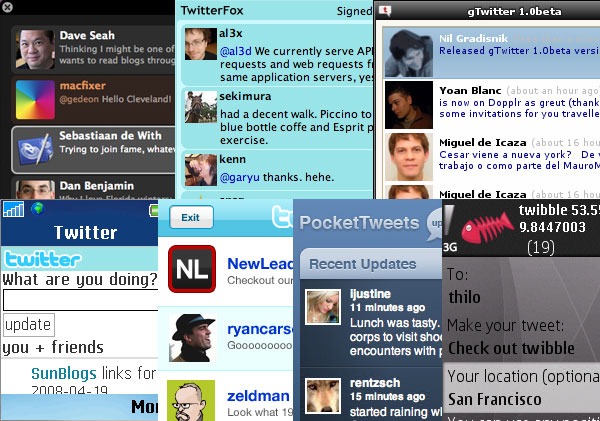
- Image by notoriousxl via Flickr
I have a friend who is an accountant at a small firm. Lets call him Cliff. Cliff greets everyone with a compliment and is an ace accountant. Cliff surfs the internet at work. Cliff was recently on Twitter, looking for people to follow. He becomes Twitter “friends” with Samantha, an accountant at Hobes and Hobes, a rival firm. From the looks of Samantha’s avatar, she is attractive.
Samantha asks Cliff to meet him at a bar after work. After a few dirty martinis, Cliff tells Samantha that his accounting firm is about to land Giggle, a big, funny internet company. Samantha buys the next round and that was the last thing he remembers. He wakes up the next morning and finds out that Hobes and Hobes has landed the Giggle account.
Does your company block access to social media sites such as Twitter, Facebook and Linkedin because you are afraid of employees like Cliff? Is the work environment at your workplace hostile to employees who blog? If so, your company is part of the majority of organizations that have a restrictive social networking policy.
While a strict social networking policy is a simple way of limiting legal liability, do you really think that your company can compete in a 24 hour a day workplace with outdated policies? Probably not. If your company is struggling with how to integrate social media into the workplace, one way to focus is by creating a social media policy with an eye toward collaboration.
The Harvard Business Review observes that businesses are discovering that an über-connected work environment is not just about implementing a new set of tools — it is also about embracing a cultural shift to create an open environment where employees are encouraged to share, innovate and collaborate virtually. Some benefits of a hyper-social company include:
- Access to social media improves productivity;
- Millennials will seek jobs that encourage the use of social media;
- Companies that provide access to social media create a more engaged workforce.
After creating your hyper-social networking policy, it is then vital to address its legal implications, which I addressed previously in Legal Reasons Why Your Company Should Have a Social Networking Policy.
CONCLUSION
Employees are online whether you like it or not. By simply banning the use of social networking sites on company computers, your employees will simply use smartphones to stay connected. By thinking expansively about social media, more specifically about using it for increased productivity and collaboration, there is great opportunity for growth. Have your ideas written in the form of a social media policy, which will put your employees on notice of any potential legal problems. By the way, Cliff is not real. But he could be and you can be responsible for Cliff’s actions without a written social networking policy.
![Reblog this post [with Zemanta]](http://img.zemanta.com/reblog_e.png?x-id=f8eee97f-2279-45b1-8b91-a9900d372ef9)
 There is no question that the Internet has changed the way companies hire people. Currently 45 percent of employers use social networking sites and conduct online searches to screen applicants. If you are a job applicant, that means that your potential employer is reading you Twitter feed and analyzing your blog posts.
There is no question that the Internet has changed the way companies hire people. Currently 45 percent of employers use social networking sites and conduct online searches to screen applicants. If you are a job applicant, that means that your potential employer is reading you Twitter feed and analyzing your blog posts. ![Reblog this post [with Zemanta]](http://img.zemanta.com/reblog_e.png?x-id=86d74548-a1fa-450a-9327-425f25176be7)

![Reblog this post [with Zemanta]](http://img.zemanta.com/reblog_e.png?x-id=86ba3e51-aa89-44df-8e80-13115ade44af)
